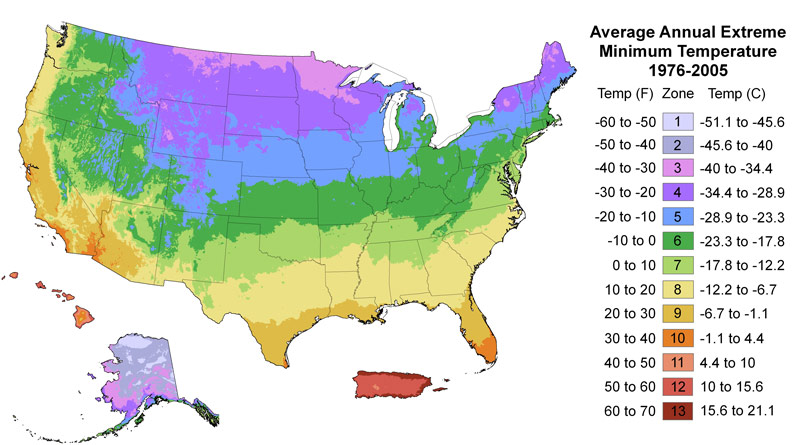Persian Night Blooming Jasmine
Also known as Mahboobe Shab, this amazing plant has yellowish flowers that are especially fragrant at night. Large, long dark green leaves and long shoots are grown as a large shrub or trained as climbing vine. Easy to grow in full sun or partial shade.
Grown in Los Angeles, we deliver year round in Southern California. A very popular plant for Persian gardens and mediterranean landscapes. Plant near the residence or patio so their sweet aromas can be enjoyed during Spring and Fall blossoms.
Not compatible with your zone (2a)
General Plant Information
Persian Night Blooming Jasmine Information and Care
Persian Night Blooming Jasmine is also known as Mahboobe Shab in farsi. They have long, dark green leaves and yellowish color Spring and Fall blossoms that are very fragrant, especially at night. Grow in the full sun or partial shade. Provide regular water and all purpose fertilizer for healthy growth. Prune in the Winter while temperatures are cooler, but thin in the Summer to maintain shape.
Grow as a large shrub or train up a post as a climbing vine. It’s very easy to grow and an interesting hedge that can provide privacy or add interest to a landscape if grown near a wall. Provides amazing aromas by planting near your home or barbecue.
Additional Information
Botanical Name : Cestrum nocturnumWatering : Regular
Bloom Color : Yellow
Sun Exposure : Full Sun
Plant Type: Evergreen
USDA Hardiness Zones: 8-10
Planting Information
Soil and Planting: Plant in soil that drains well. Dig a hole that is as deep as the tree’s roots and at least twice as wide.
Place the tree in the hole and backfill around the plant’s roots with a mixture of the native soil and high-quality planting mix that has washed sand and organic fertilizer.
Create a basin around the roots drip zone so that water collects. Water deeply until the roots and nearby soil is saturated and reaches field capacity.
Plant Care Information
Limited Guarantee and Returns
Compatibility
The two factors that determine if a deciduous fruit trees will grow well and produce fruit in a certain area are the Chill Hour Requirement and the Cold Hardiness. “Chill hours” are the amount of cold a deciduous fruit tree need to produce fruit. This is measured in the number of hours below 45 degrees Fahrenheit a plant must experience during its winter dormancy. Paradise Nursery only grows Low Chill fruit trees that meet the chill requirements of all areas of the United States.
The second factor is Cold Hardiness. Cold Hardiness refers to the minimum temperature a plant can tolerate. The USDA’s Cold Hardiness Zones indicate the average minimum winter temperatures of areas. Based on the shipping zipcode, our website will only allow you to add plants to your cart that grow within your USDA Hardiness Zone, and tolerate your climate.
Pollination & Propagation
(Grafting/Cutting) Most of Paradise Nursery’s edible plants are self-fruitful. Self-pollinating trees do not require an additional tree to produce fruit. For your convenience, we have indicated which trees require a pollinator, and their associated pollinators. Only the sweet cherries, avocados, and some plums require a pollinator. All of our other propagated edible plants do not require a pollinator. All of our edible plants are either grown from cuttings, budded, or grafted. This way, we can ensure that our plants are high quality and fruit immediately. Plants will generally begin fruiting within a year of planting.








